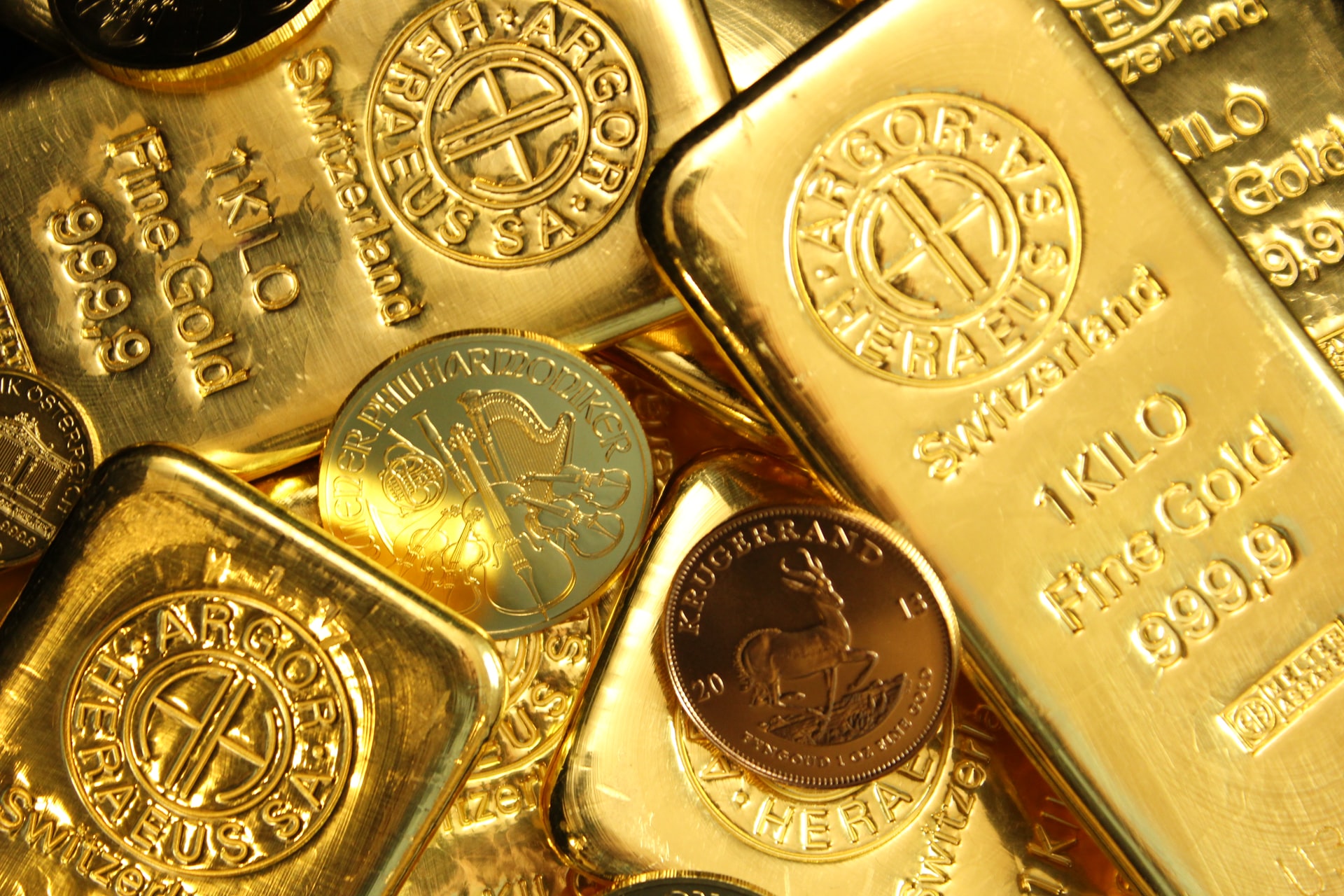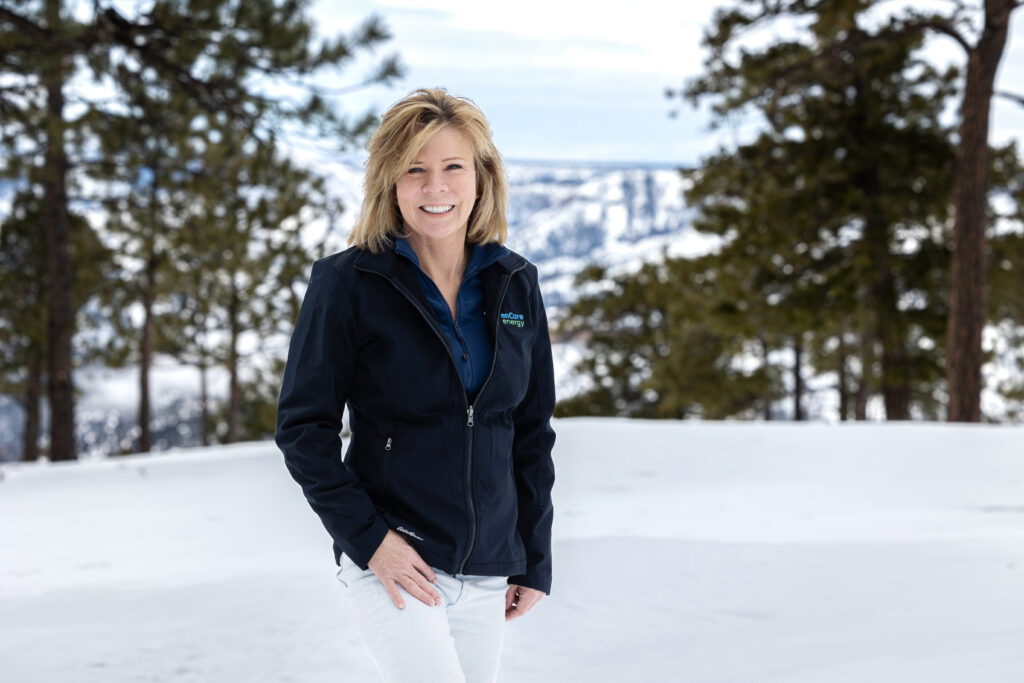You’d be surprised to know that Canada is home to one of the largest—9th, to be exact—gold reserves in the world. Across the nine provinces and territories, there are different places to mine gold.
The first time gold was ever discovered in Canada was in the 1820s, and in 1858, gold was then discovered in the sands of B.C.’s Fraser River. Fast forward to 40 years, the gold in Yukon brought in the most productive periods of gold mining in Canada’s history.
Today, Canada is now known to be the fifth-largest global production of gold, spanning across different territories and provinces in the country. If you’re still curious about gold, keep reading. In this article, we’ll give you a quick overview of what you need to know about gold.
Let’s dig deeper into gold in Canada!
Where Can I Find Gold in Canada?
If you’re looking for the bigger parts of Canada’s gold reserves, the Canadian Shield is one of them. It is Canada’s largest and oldest geological region, which formed roughly 570 to 4 billion years ago. Today, it’s more than 7.7 billion square kilometers of land.
Here, you’ll get to find different gold mines, such as the Thompson Mill and Rice Lake Gold in Manitoba, Eskay Creek Mine and Myra Falls in B.C., Mouska Mine and Sleeping Giant in Quebec, and more.
What are the Different Usages of Gold?
There’s no denying that gold is a versatile element. Throughout history, people have used gold for various purposes. It can be used for jewelry, for making electronics, for coins—even for dental work.
The physical properties of gold have made it a valuable commodity. It’s malleable and ductile. This means that gold can be flattened and drawn into thin wires. It’s also very resistant to corrosion, has a high melting point, and can conduct both electricity and heat well.
Here are some ways gold plays a huge role in the tech industry:
- It improves the efficiency of solar panels
- It helps fuel cell catalysts
- It is an effective insulator
- It is used in satellites and aerospace technology for heat radiation
Is There Sustainable Gold Mining in Canada?
Canada uses large amounts of energy in producing gold. As a matter of fact, some of the world’s largest gold mines are in Canada. In 2016 alone, these mines extracted more than 14.2 million ounces of gold, which was a 15 percent increase from 2015.
However, when it comes to sustainable mining, you’d be happy to know that the Mining Association of Canada is working tirelessly to improve the methods of extraction and production of gold. This way, mining companies will get to decrease their environmental footprint, and look for easier and safer ways to extract gold.
The Bottom Line: Gold Will Only Continue to Help Canadian Soil Flourish
Gold is a precious metal that’s been around for a long time. It’s interesting to know that Canada is home to some of the biggest gold mines in the world. This shows that gold has definitely contributed to making Canada’s soil as rich and prosperous as it is today.
If you’re keen to learn more about gold, it’s worth speaking to a gold and mining specialist to ensure you’re getting more knowledge that would help feed your curiosity on gold.
How Can We Help You?
Janet Sheriff is an innovative entrepreneur who has extensive experience in various aspects of strategic planning, indigenous affairs, communications, management, gold, mining, and more.
Reach out to her to learn more about these concepts and become an expert in your field!

